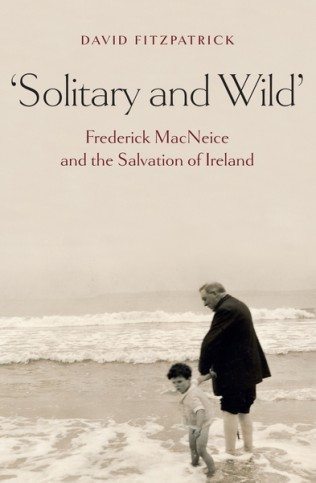
Solitary and Wild
Frederick MacNeice and the Salvation of Ireland
Publication Date: 21 November 2011
€40.00
For lovers of the often dark and troubled poetry of Louis MacNeice, his father, Frederick MacNeice, is a reassuring presence: solid, sober, pious yet tolerant, a Church of Ireland clergyman who was not afraid to reject the Ulster Covenant of 1912, denounce sectarianism, and even espouse Irish nationalism. This book originated in the discovery of one inconvenient fact.
Frederick MacNeice (1866–1942) was not a Home Ruler but an all-Ireland Unionist, who for many years was an enthusiastic Orangeman in Dublin and then Ulster. In later life, especially as Bishop of Down after 1934, he set aside these connections in order to pursue intercommunal peace and tolerance in Belfast and beyond. Louis colluded with his father in reinterpreting his earlier career, as part of a process of personal reconciliation which profoundly affected his later poetry and autobiographical writings. The relationship between father and son is discussed in two chapters, and several well-known poems are reinterpreted in the light of fresh evidence.
Above all, this is the biography of a visionary who never despaired of spreading salvation through the often derided Church of Ireland. Using unfamiliar archives and local newspapes as well as the writings of both father and son, this book reconstructs the disparate worlds in which Frederick MacNeice lived and worked. It also explores his muted responses to the suffering of his parents and siblings, the early death of his deeply depressed first wife, the benefits resulting from his second marriage and its consequences for his children. The figure that emerges is complex, guarded, astute, and remarkably effective in using religion to spread enlightenment. His life demonstrates that salvation deserves to be taken seriously as a motive force in modern Irish history.
‘Fitzpatrick’s new biography offers a master-class in how to tell a story. He has succeeded like no other in bringing back to life this wonderful man whom most will only know, if at all, for the fact that he was the father of the poet Louis MacNeice.’ – Amazon Customer Review
ABOUT THE AUTHOR
DAVID FITZPATRICK is Professor of Modern History at Trinity College, Dublin. His works include Politics and Irish Life, 1913–1921, Provincial Experience of War and Revolution; The Two Irelands, 1912–1939; and Harry Boland’s Irish Revolution. His edited collection of essays by members of the Trinity History Workshop, Terror in Ireland, 1916– 1923, was published by Lilliput Press.
| ISBN | 9781843511946 |
|---|
| Weight | 1 kg |
|---|---|
| Dimensions | 165 × 240 mm |
| Publication Date | 21 November 2011 |
| Format | Hardback with illustrations, 440pp |

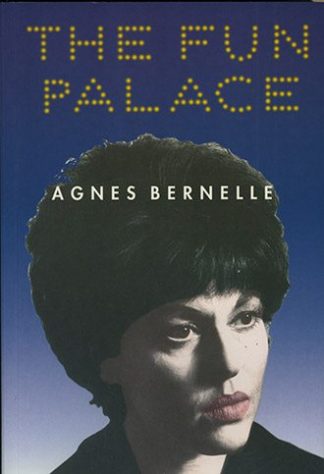
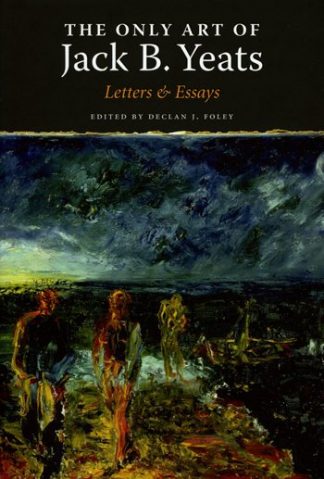
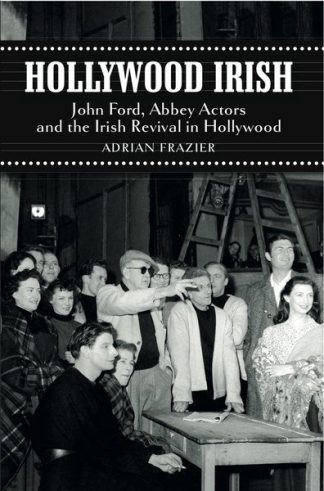
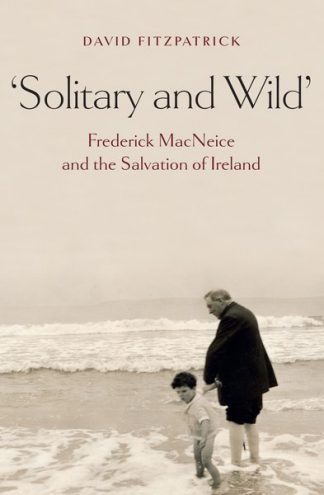
Lilliput Press –
“Fitzpatrick’s new biography offers a master-class in how to tell a story. He has succeeded like no other in bringing back to life this wonderful man whom most will only know, if at all, for the fact that he was the father of the poet Louis MacNeice. And what succeeds here, is the realisation that in Frederick MacNeice, the Church of Ireland possessed a man of great and original diplomatic talent; a man of absolute integrity whose time and calling, forced him to negotiate the troubled rapids of life for protestants in the west of Ireland in the decades following the Famine, as well as those of the troubled twenties and thirties in Ulster. That integrity as well as his sense of loyalty to Ireland and what it meant to be Irish, led him to oppose Edward Carson and refuse to sign the Ulster Covenant though never a Home Ruler: in short, a man who deserves to be remembered in his own right.
Anyone who really wants a fresh perspective on Irish history, local or national; who seeks a detailed base of evidence for everything that he writes about MacNeice or about Irish history will be impressed by professor Fitzpatrick’s work – the footnotes as well as the bibliography are incredibly informative as well as easy to use as one reads the main text. He raises tantalising questions: readers will be shocked to discover that the majority of those who lived in the slum conditions in the Irish Quarter of Carrickfergus, where he ministered, were not in fact as is widely believed, Roman Catholics but nominal members of his own flock to whom amongst other such nominal Episcopalians he had been despatched when sent to the `black north’ by Anglican authorities in Trinity College Dublin. How could so many of us have got it wrong about the socio-economic divide in the north of Ireland? Here we can see by the 1930s the basis for the emerging democratic movement in protestant politics in the counties of Antrim and Down.
Professor Fitzpatrick gives little of himself away here – one would love to know just a little about his own background; but his book is his best witness – very fair and unbiased – not in any way hero-worship. He has been indeed very fortunate in the openness with which his research work has been assisted by keepers of family, public, Orange and Masonic records. The result is a penetrating portrait of political and socio-economic life across Ireland but particularly in Dublin, Belfast and the north-east both inside church vestries but also where the religious societies of Orangeism and Masonry crossed into politics.
The life that emerges from the pages of this book was not without its rewards but like all family men, not without its deep tribulations and sorrows: the troubled relationship with his son Louis, his learning disabled son William, the illness and death of his first wife, Lily; financial worries until marriage to his second wife and his elevation as bishop first to a short-held diocese in the south of Ireland but then to Connor in the north, gave him some relief.
Bishop MacNeice lies buried in Drumbeg Churchyard in south Belfast. Apparently, his headstone merely notes his name, his year of birth and death, 1942 and adds simply, the word `Bishop’. Professor Fitzpatrick’s book is a much more eloquent and thoroughly deserved memorial. This book should be in the front window and entrance lobby of every bookshop in Ireland and in a prominent position in the biography section of bookshops elsewhere.
Fans of the poetry of Louis MacNeice will never read his work in quite the same light after reading this wonderful biography.
May I suggest that Professor Fitzpatrick now turn his attention to some other Anglican candidates – John Baptist Crozier, Charles D’Arcy and George Otto Simms. I’ll be first in the queue to buy them!”